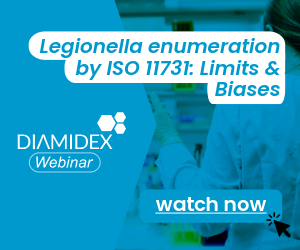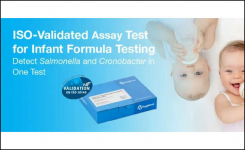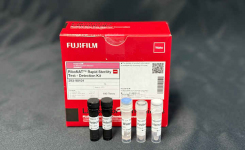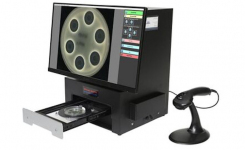Interesting new accessions to the National Collection of Industrial, Food and Marine Bacteria include bacteria discovered on a medieval wall painting in Austria and an extremely radiation resistant isolate from a Finnish paper mill.
Georgina muralis, which has been added to the collection was discovered on murals dating as far back as the twelfth century in the Church of St Georgen, Styria, Austria. Prolonged dampness and salts have resulted in biofilms developing on several of the medieval church’s paintings, containing bacteria including Georgina muralis. Unfortunately over hundreds of years this has resulted in damage to the wall paintings, some of which depict St George famously battling dragons.
Deinobacterium chartae was isolated from a biofilm growing in the wire section of a Finnish paper mill producing folding boxboard. Bacteria growing in paper machines can result in numerous problems especially if the biofilms detach from the machines leading to holes and spots in the produced paper. Deinobacterium chartae could be commercially significant due to its extremely radiation resistant nature and may have applications in the cleaning up of toxic waste and testing hypotheses about life in extreme environments, among other things.
You can browse NCIMB’s full catalogue of reference strains at www.ncimb.com.
For further information on depositing a strain with NCIMB, or to obtain these new strains contact Dr Samantha Law at S.law@ncimb.com

















